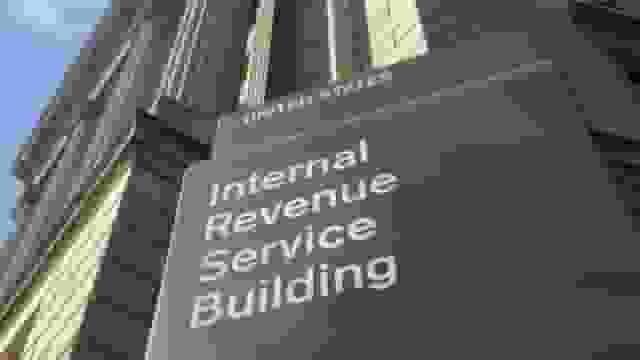The Romans (Raul and Maria) were the taxpayers in this case, and it was their various itemised deductions that were in question.
Engineer for stationary equipment, Raul Romana worked there. Maria Romana worked as a nurse in a Kaiser Permanente-affiliated plastic surgery clinic (Kaiser).
She had to adhere to Kaiser’s dress code, which stipulated that she should wear “comfortable” clothing that reflected her nursing career.
She could not get reimbursed for the costs she paid to buy clothes that met the dress code because neither Kaiser nor the collective bargaining agreement for her nursing union had such a policy.
Maria Romana wore scrubs to work that she paid for and had dry-cleaned on her own dime. Unreimbursed employee business costs related to Maria Romana’s position with Kaiser and Raul Romana’s employment as a stationary engineer were among the deductions listed on the Schedule A, Itemized Deductions, which was attached to the Romanas’ 2017 return.
Professional dues, uniforms and safety gear, dry cleaning and laundry, seminars, equipment, telephone, and internet expenses were the different expense categories.
The IRS denied the unreimbursed employee business expenses for uniforms and protective gear, dry cleaning and laundry, tools, telephone, and internet that were claimed. Section 6662(a) accuracy-related penalties were also levied by the IRS.
Key Concerns:
Whether the Romanas are (1) eligible for a miscellaneous itemised deduction for unreimbursed employee business expenditures for the tax year in question that exceeds the amount already permitted by the IRS and (2) accountable for any years in question for a section 6662(a) accuracy-related penalty.
First Holdings:
Maria Romana’s work apparel costs were deducted to the extent that the amounts indicated in the record; the clothing could not be worn normally outside of her workplace.
However, the costs for tools, phones, and the internet were not deductible as unreimbursed employee business expenditures since the Romanas failed to demonstrate that they were for business use only.

Under the circumstances, the Romans made a reasonable and good faith effort to abide by the tax requirements.
They did this by seeking competent tax advice from a professional, meeting regularly with their tax advisor and providing them with records, and otherwise making a good faith effort to fulfil their tax obligations.
The court determined that the Romans should not have been subject to a section 6662 accuracy-related penalty (a).
Charge of Proof. In general, the IRS’s assessment of a taxpayer’s federal income tax liability in a notice of deficiency is presumed accurate, and it is the taxpayer’s responsibility to demonstrate that the assessment is incorrect.
Business expense itemised deductions. Taxpayers are required to substantiate their claim for any claimed deduction because deductions are a matter of legislative grace.
Commissioner v. INDOPCO, Inc., 503 U.S. 79, 84 (1992); New Colonial Ice Co. v. Helvering, 292 U.S. 435, 440; Rule 142(a); (1934). For the IRS to be able to calculate the taxpayer’s accurate tax liability, the taxpayer must maintain and produce adequate records that substantiate the costs that underlie the deductions they are claiming.
IRC Section 6001; Treas. Reg. Section 1.6001-1(a); Hradesky v. Commissioner, 65 T.C. 87, 89, aff’d per curiam, 540 F.2d 821 (5th Cir. 1976); Meneguzzo v. Commissioner, 43 T.C. 824, 831-32 (1965).
Taxpayers are allowed to write off reasonable and necessary costs incurred in the course of operating a trade or business. Section 162(a) and Boyd v. Commissioner, 122 T.C. 305, 313 (2004).
Read more:-
- On behalf of the spa businesses he owned and ran, a Brookville, New York, the man pled guilty today to deliberately failing to collect and pay over employment taxes to the IRS
- Have a significant tax debt? Be aware of your finest options for handling that debt
- Update on Stimulus Check 4: Oregon to Send $600
Typically, providing services as an employee falls under the definition of a trade or business. Commissioner, 54 T.C. 374, 377; Primuth v. (1970).
Employees who are required to pay certain expenses as a condition of employment are entitled to a deduction for those costs unless they are also entitled to reimbursement from their employer. 59 T.C. 696, 708 (1973); Spielbauer v. Commissioner, T.C. Memo. 1998-80; Fountain v. Commissioner.
Itemized deductions for various expenses. Unreimbursed employee business expenses fall under the category of miscellaneous itemised deductions, and the maximum amount that may be written off is capped at the current statutory threshold for adjusted gross income.


